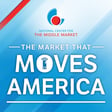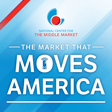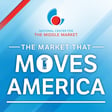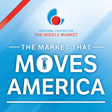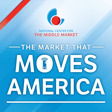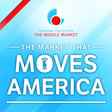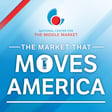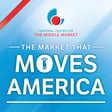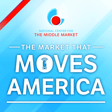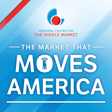
People First: Talent Strategy at a Middle Market Retailer
In this episode, we dive into the evolving world of talent strategy in middle market companies with Laura Davidson, Head of People at Homage, a Columbus-based retailer known for its nostalgic apparel and vibrant culture. Drawing from her 15 years of HR experience across startups and Fortune 500s, Laura shares how Homage is scaling its people practices while staying true to its roots. From hiring with purpose and embedding development into daily work, to preserving culture and collecting meaningful feedback, Laura offers a candid look at how middle market companies can grow without losing what makes them special.
Laura Davidson leads the people function at Homage, where she focuses on aligning talent development, organizational design and leadership coaching with the company’s mission to celebrate the people, places and moments that matter. Her career spans multiple industries and company sizes, giving her a unique perspective on how to build culture and capability in fast-moving, resource-conscious environments.
